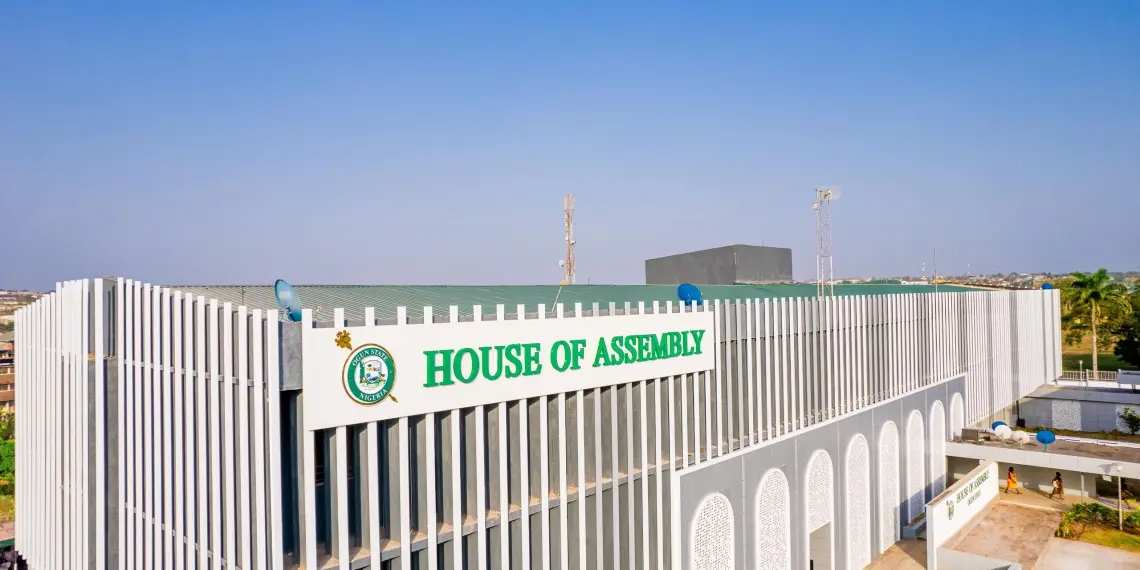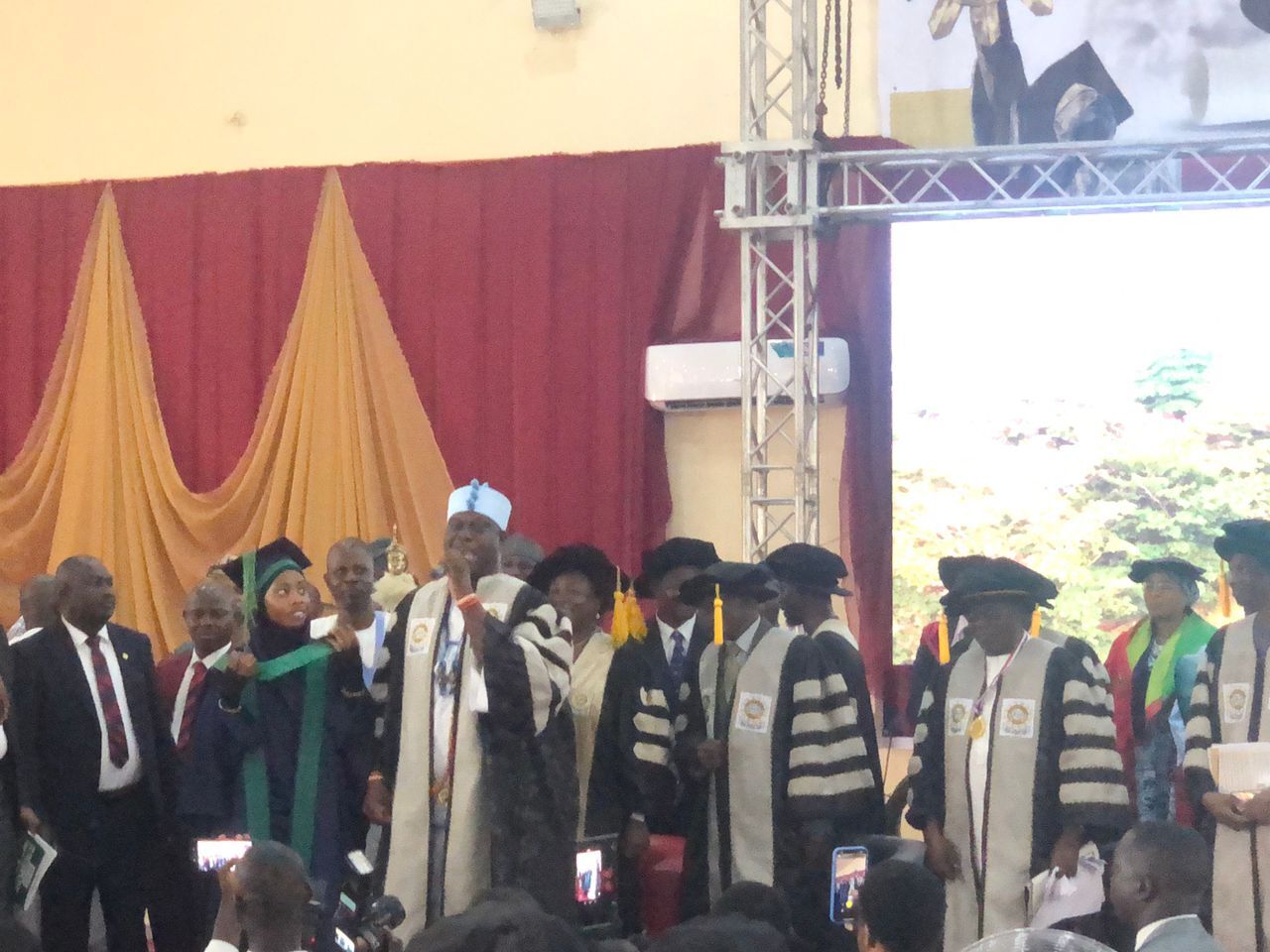Charts path to birthing future civil service
Chairman, Federal Civil Service Commission, Prof. Tunji Olaopa, has given insight into why government, researchers and scholars should collaborate to ensure the development of Africa.
Olaopa spoke during the first international conference on public policy, governance and development,” organised by the Department of Public Administration, Obafemi Awolowo University (OAU), Ile Ife, on Monday, May 26, 2025.
The professor of public administration spoke on the topic “Building a Promising Future in Africa through Policy Re-Evaluation: The Defining Issues in Perspective.”
Olaopa said that he brought into the discussion a public policy practitioner’s perspective to bear on the context, the structure and dynamics of the policy process in Africa, with a specific reference to Nigeria.
According to Olaopa, against the background of the new age, the post-COVID-19 new normal, climate change, desertification, terrorism and associated insecurities, cybercrime, migration, unemployment, and the need for policy re-evaluation, had become imperative.
To him, the point has been made variously that a nation without a viable and vibrant research industry and think tanks support for the leadership will find it hard to contend with the imperatives of the knowledge, information, and VUCA -conditioned polycrisis age.
But he lamented a development whereby policies in Africa are imposed with donors’ conditionalities, “with indigenous research contributing insignificantly to policy formulation and design. A reality, according to him, that explains why many past policies are somewhat disconnected from local realities and the challenges that Nigerians face.
He listed inadequate funding, weak linkages between research and industry, poor extension services and technology transfer, bureaucratic bottlenecks, brain drain and low research motivation, poor research commercialisation and patent culture as other constraining factors to policy-engaged research.
To boost policy research in governance, Olaopa, therefore, urged the Federal Government to ensure participatory planning for a more inclusive stakeholder’s inclusiveness in the policy management process to strengthen the bottom-up people-centred development process.
According to him, a policy management framework that is consciously organised around the collaborative relationship between policymakers, policy researchers, research institutes, think tanks and tertiary institutions is of utmost importance for national development policy management.
ALSO, Olaopa, during the strategic meeting of South-West Heads of the Civil Service, held in Lagos, yesterday, listed some measures for ensuring the emergence of a viable civil service of the future.
The professor of public administration, whose keynote address was entitled “Deepening Professionalism in the Civil Service Towards Improve Service Delivery,” decried the existing state of the civil service, lamenting specifically that the civil service at the state level does not have “autonomy and relative insulation from politics to operate within the classic functional authority line in politics/policy-administration/implementation dichotomy as conceived in public administration praxis.”
He, therefore, listed some steps that the civil service could take to ensure professionalism and meet the demands of the fourth and fifth industrial revolutions with their attendant technological challenges, such as those posed by Artificial Intelligence (AI), to include a clear vision of who a civil/public servant is, and that all public service rules, regulations and procedures governing career management in the civil service need to be reviewed and aligned.
Olaopa highlighted the need for the strengthening of the political-administrative interface for effective governance and service delivery. He also stressed the strengthening of the constitutional mandates of the CSCs to ensure that recruitment/appointment into the service is merit-based and insulated from politicisation.






